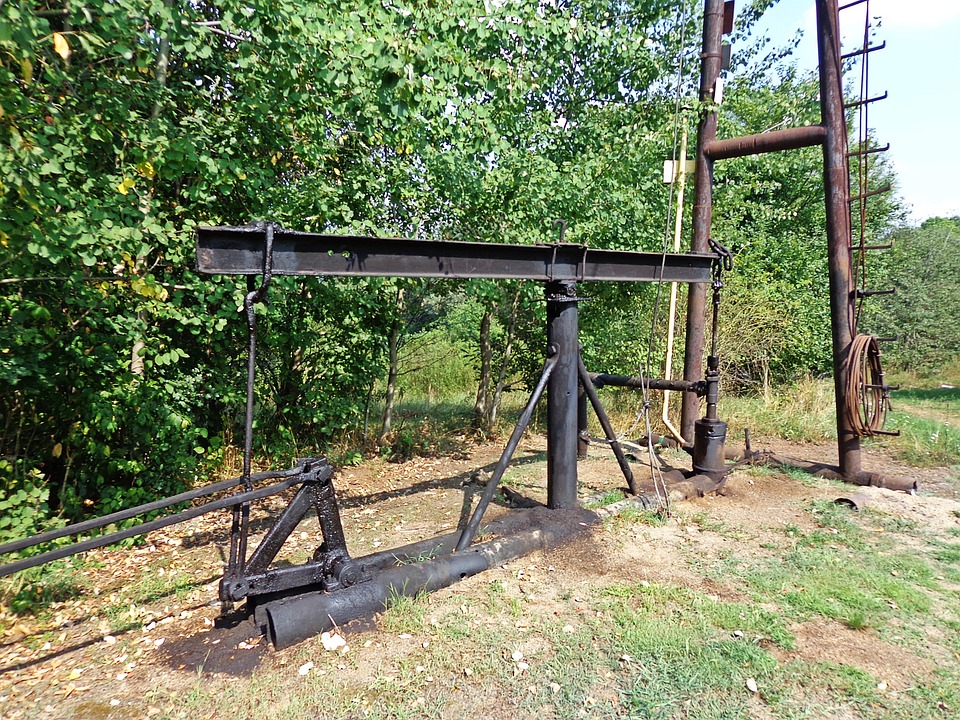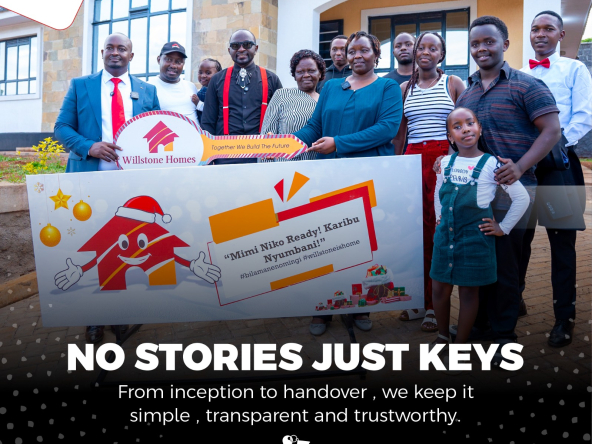In Kenya’s satellite towns like Kitengela, Ruiru, and Kamakis, a quiet revolution is underway — one driven not by architecture or location, but by the presence of a reliable water source. As urban sprawl drives more Kenyans to invest in homes outside the congested capital, borehole water real estate Kenya has emerged as a defining trend. What was once considered a luxury is now a make-or-break feature in property deals, with water security influencing not just lifestyle but long-term investment decisions.
This shift is redefining the real estate playbook. Developers are no longer competing solely on square footage, gated entrances, or proximity to major roads — they are increasingly competing on who can guarantee a private water supply, especially during dry spells and municipal water rationing. Welcome to the Borehole War, where groundwater access is the new battleground in property marketing.
Why Water Is the New Luxury
Kenya has long faced periodic water shortages, with Nairobi’s population growth outstripping its aging infrastructure. The Athi Water Works Development Agency, for example, has often fallen short of meeting daily demand. In the city’s outskirts — where rapid development has outpaced public service delivery — residents often endure erratic water supply, forcing them to rely on vendors or boreholes.
In this environment, water isn’t just a utility — it’s a value proposition. Buyers are increasingly savvy, asking direct questions during property viewings: “Do you have a functional borehole?” or “Is the water metered or private?” In a 2023 survey by Kenya Property Developers Association (KPDA), 68% of homebuyers in satellite towns listed consistent water supply as a “top-tier necessity,” ranking it higher than internet, power backup, or paved roads.
Read Also Land Politics and Maasai Heritage: The Clash of Modern Real Estate and Indigenous Rights in Kajiado
Kitengela: Boreholes as Status Symbols
In Kitengela, where real estate has exploded over the past decade, a new home with a borehole fetches a significantly higher price than one without. Developers now showcase borehole drilling Kitengela in promotional materials, highlighting the depth, yield, and purification systems in place. Some premium gated estates even brand themselves around water access — complete with digital displays tracking borehole usage and treatment levels.
Buyers who once sought granite countertops now ask about water pH. This signals a deep psychological shift: in the mind of the modern buyer, borehole water real estate Kenya is not a backup — it’s a must-have.
Ruiru: Competition Below the Surface
Ruiru, one of Nairobi’s fastest-growing satellite towns, is a hotbed for middle-class housing projects. Yet, beneath the surface, quite literally, a quiet competition is unfolding. Developers are racing to secure groundwater before their neighbors do — since over-drilling within a small radius can lower the water table or dry out a borehole altogether.
To avoid this, many developers now bring in hydrologists before breaking ground, ensuring that they can sustainably drill and maintain a borehole. The Kenya Groundwater Risk Atlas has flagged Ruiru as a zone of “growing aquifer stress,” prompting calls for better planning in water extraction.
Nonetheless, borehole-equipped estates continue to enjoy a price premium. The logic is simple: residents want autonomy. Borehole access in Ruiru often translates to fewer interruptions, lower monthly water bills, and greater peace of mind — crucial in a region prone to both population spikes and climate variability.
Kamakis: Marketing Water as a Lifestyle Feature
Kamakis, initially known for its nyama choma culture, has morphed into a booming residential corridor. New developments are not only selling houses — they’re selling self-sufficiency. Billboards read: “24/7 Water Access — No More Water Tankers,” appealing directly to homeowners who have endured years of unpredictability.
In Kamakis, real estate marketing has gone beyond location. Borehole access is featured alongside CCTV coverage and perimeter walls. Showhouses even include smart water monitoring systems, appealing to environmentally conscious buyers looking for sustainable water sources in real estate.
Some estates go a step further by integrating rainwater harvesting and greywater recycling — but make no mistake, it’s the borehole that seals the deal.
Read Also: Why Churches and Mosques Are Emerging as Real Estate Power Brokers in Satellite Towns
The Rise of Water as a Selling Point
Real estate agents confirm the shift. “Five years ago, buyers didn’t even ask about water until they moved in,” says Susan Njoroge, a senior agent with a Nairobi-based firm. “Now, it’s one of the first three questions we get. If you don’t have a borehole, you’re losing serious clients.”
To address this demand, many developers now include residential developments with boreholes in their design phase, budgeting up to KES 3 million for drilling, testing, and pump installation. Though this increases upfront cost, the return on investment is clear: houses in borehole-equipped estates sell 15–20% faster, and attract higher rental yields, especially in water-stressed months.
Urban Planning Implications
The surge in private boreholes raises deeper questions about long-term urban planning and groundwater sustainability. Kenya’s Water Resources Authority (WRA) has raised concerns about over-extraction, especially in zones like Kiambu, Kajiado, and Machakos counties, where multiple estates are tapping into the same aquifers without coordination.
Urban planning and water access are now intertwined. Some counties are proposing borehole zoning or community-shared drilling models to reduce aquifer strain. However, enforcement remains weak, and the drive for quick development continues to outpace regulation.
Experts warn that if left unchecked, poorly managed borehole drilling could lead to future water crises, with falling water tables and increased salinity. The challenge is to balance immediate consumer demand with long-term hydrological health.
The Future of Borehole Water Real Estate Kenya
The rise of borehole water real estate Kenya marks a pivotal shift in how water is viewed in property development. No longer a silent utility, it has become a powerful differentiator — a deal-maker in an increasingly competitive market. For developers, the message is clear: ignore water security, and you risk falling behind. For homebuyers, borehole access offers not just convenience, but autonomy, safety, and long-term value.
Yet, as borehole drilling becomes ubiquitous, questions about sustainability and equity cannot be ignored. Without a coordinated approach to water management, Kenya may be setting itself up for deeper challenges beneath its rapidly expanding suburbs.
In the borehole war, every drop counts — not just for the next sale, but for the generations that will inherit these homes and the ground beneath them.
Read Also: Diaspora Housing in Kitengela: Kitengela vs Karen





